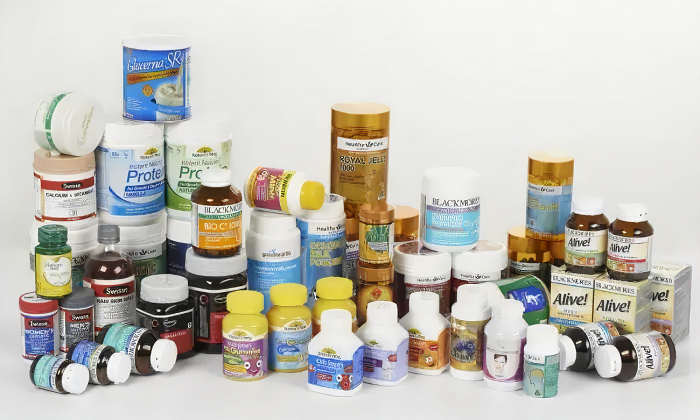The abuse of healthcare products has become a significant concern with far-reaching implications globally. Healthcare products, which include a wide range of items from medications to dietary supplements and medical devices, are intended to improve and maintain health. However, when misused or abused, they can have serious negative consequences.
One of the major impacts is on public health. The improper use of medications, for example, can lead to drug resistance. If antibiotics are overused or used incorrectly, bacteria can develop resistance, making it more difficult to treat infections effectively. This not only endangers the individual taking the drugs but also has the potential to spread in the community, posing a threat to public health on a larger scale. In addition, the abuse of certain dietary supplements may cause adverse health effects. Some supplements may interact with medications or have unproven efficacy, yet people may consume them in excessive amounts or without proper understanding, leading to potential health risks such as liver damage or hormonal imbalances.
Economically, the abuse of healthcare products can place a burden on healthcare systems. Increased hospitalizations due to the consequences of product abuse require more resources, including medical staff time, hospital beds, and expensive treatments. This can strain healthcare budgets and potentially limit the availability of resources for other essential healthcare services. For example, if there is a significant increase in cases of liver failure due to the abuse of certain over-the-counter medications or supplements, it can lead to higher healthcare costs for diagnosis, treatment, and follow-up care.
Socially, the trust in the healthcare system and the safety of products can be undermined. When people experience negative effects from the abuse of healthcare products, it can lead to a loss of confidence in the medical community and the regulatory processes that are supposed to ensure product safety. This can also have an impact on the relationship between healthcare providers and patients, as patients may be more hesitant to follow medical advice or use recommended products.
In response to the issue of healthcare product abuse, countries have introduced various policies. Some have focused on strengthening regulatory measures. This includes more rigorous approval processes for new healthcare products to ensure their safety and efficacy. For instance, regulatory agencies may require more extensive clinical trials and detailed data on a product’s ingredients and potential side effects before granting approval for market entry. They may also increase surveillance and monitoring of existing products to detect any signs of abuse or adverse events more quickly.
Educational campaigns have been launched in many countries to raise public awareness about the proper use of healthcare products. These campaigns aim to inform consumers about the correct dosage, potential interactions, and limitations of different products. By providing accurate information, it is hoped that people will make more informed decisions and reduce the likelihood of abuse. For example, public health departments may work with media outlets to disseminate educational materials about the appropriate use of antibiotics and the risks of overusing them.
Some countries have also implemented policies to control the marketing and distribution of healthcare products. This may involve restrictions on the advertising of certain products, especially those that are more likely to be misused, such as certain painkillers or energy-boosting supplements. Additionally, there may be tighter controls on the sale and dispensing of medications, ensuring that they are only provided to patients with a legitimate need and under the appropriate supervision.
In conclusion, the abuse of healthcare products has a profound impact on the world, affecting public health, the economy, and social trust. However, countries are taking steps through various policies to address this issue and mitigate its consequences. By continuing to strengthen regulations, educate the public, and control the marketing and distribution of healthcare products, there is hope to reduce the abuse and ensure the safe and effective use of these products for the benefit of all. As the situation evolves, it will be important to monitor the effectiveness of these policies and make further adjustments as needed to protect the health and well-being of the global population.
Read more


